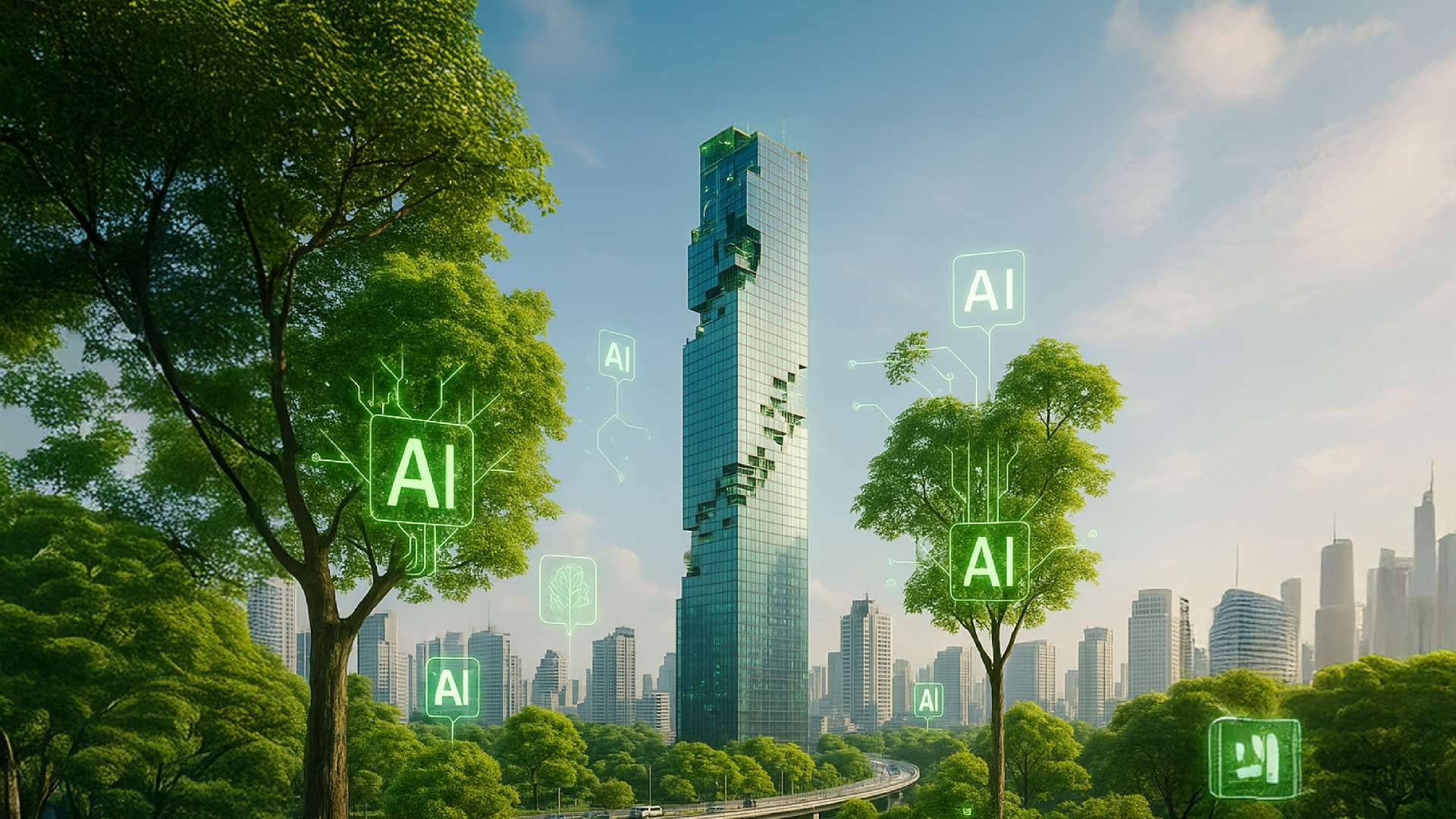
Futures of Learning in Thailand 2030
ARTICLES | Apr 24, 2024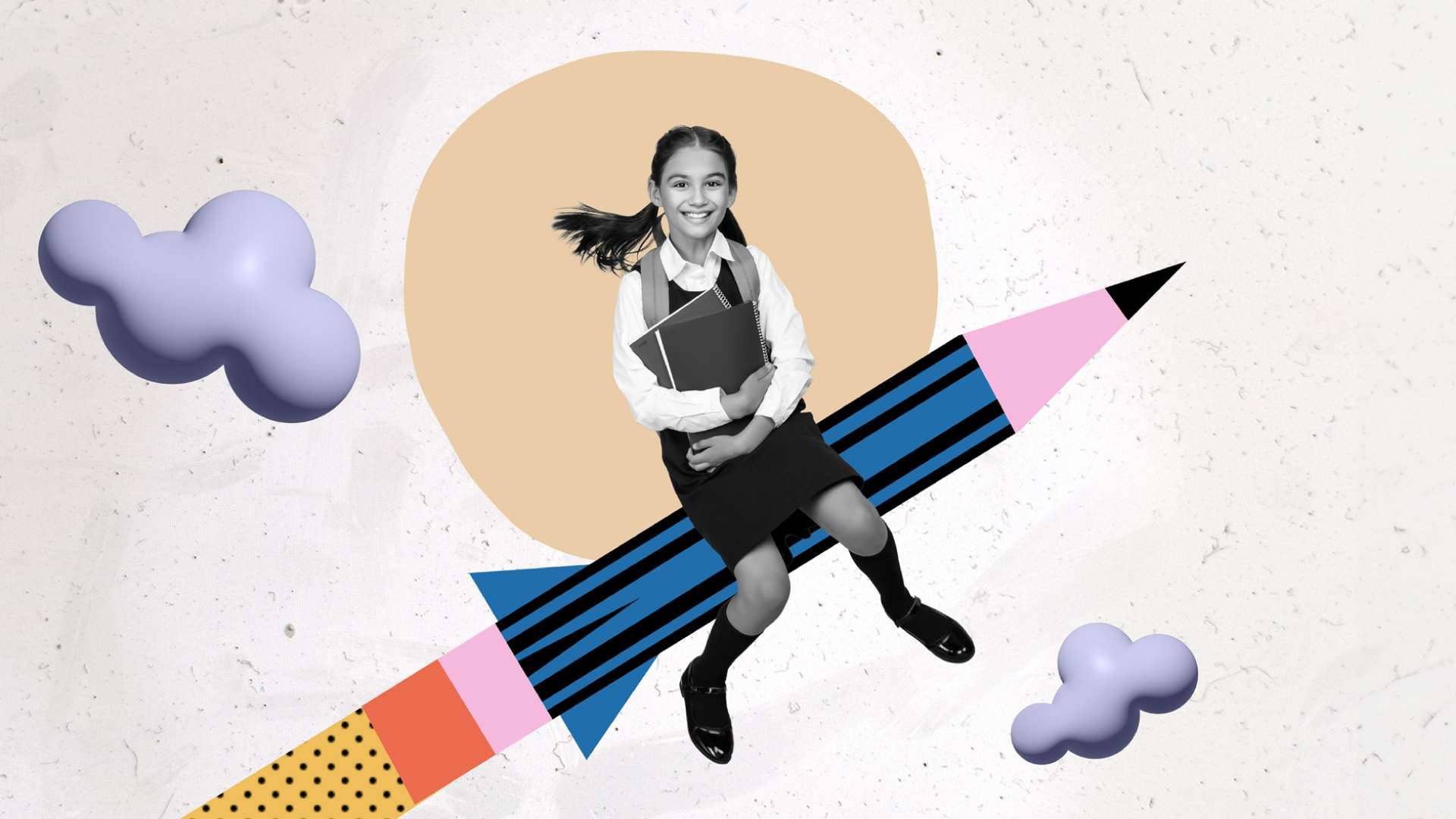
[#Learn] [#Thailand] FutureTales Lab by MQDC with the National Innovation Agency (Public Organization) continues research under “Futures and Beyond: Navigating Thailand toward 2030” with “Futures of Learning in Thailand 2030” to help everyone prepare and design a desirable future
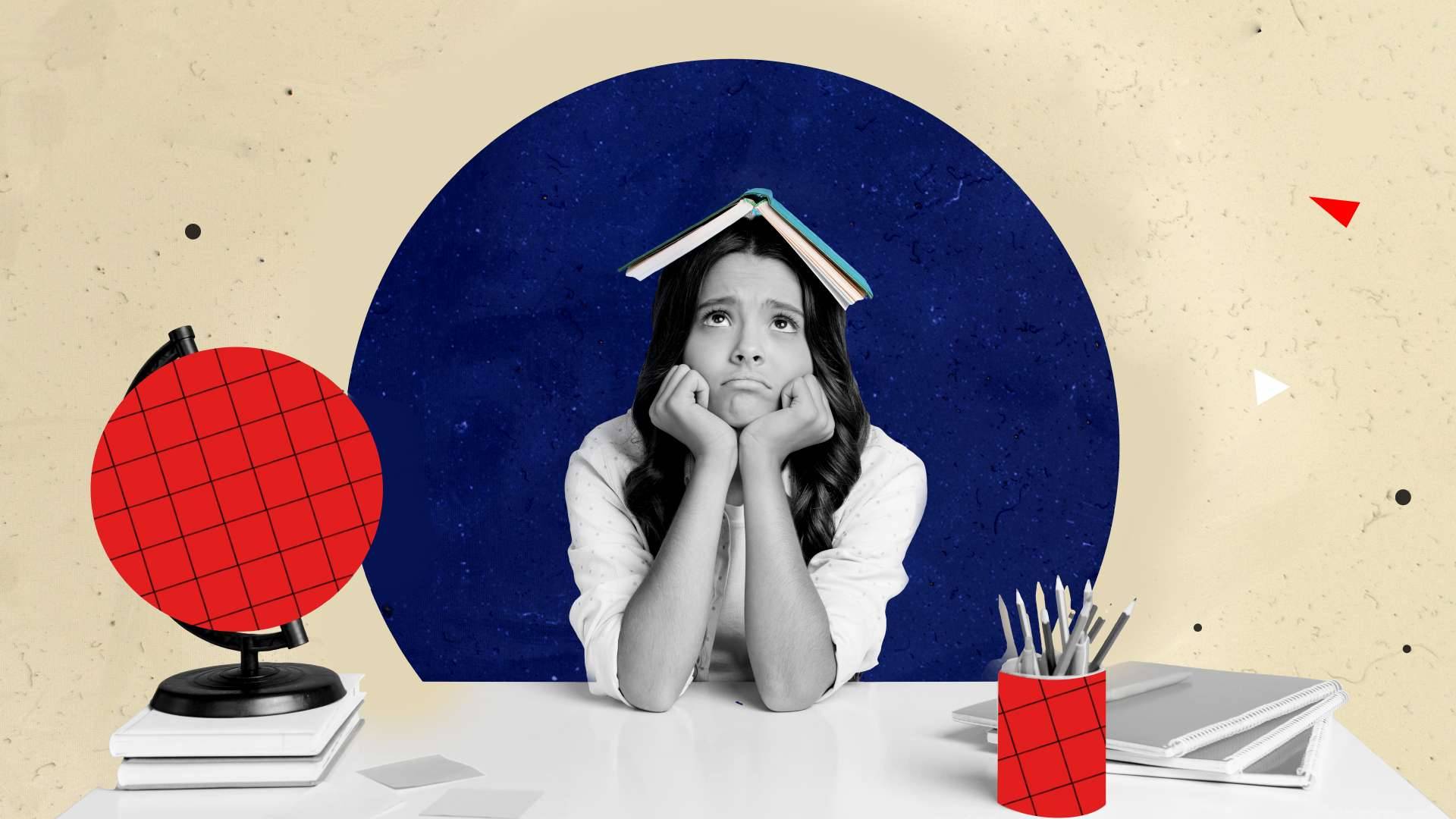
Scenario 1: LEARNING DECOMPOSED
Students feel distressed about learning. This is because they don’t study according to their own interests. And studying cannot be used to benefit work and life. The efficiency of managing lifelong learning is low. Access to knowledge is limited. The curriculum or knowledge has not been developed to be appropriate and up-to-date. Lack of development of the quality of education and development of labor skills diminishes knowledge and ability. The country's economic and social competitiveness is low.
Society
Society is in chaos because people of all ages don’t study according to their own interests. And studying cannot be used to benefit work and life without development of the quality of education and labor skills. Knowledge and ability are deteriorating, bringing social problems.
Technology
There is a lack of investment, development, and application of educational technology for increased efficiency in educational administration or to promote lifelong learning in a thorough and appropriate manner. Learning is mostly in the traditional classroom and focuses on theoretical learning. People lack access to education and again limited information because of technological limits.
Environment
Most areas of learning are limited to the classroom of an educational institution or office. The role of schools and universities is largely unadapted to the context of modern society. This causes the development to be halted, deteriorated, or closed. There are only a small number of learning places in the city. Urban areas are not focused on designing to promote public learning.
Economy
The country's economy is in decline and recession because most workers lack the knowledge and important skills needed to live and work in uncertain and constantly changing situations. Most people have low incomes or lack income. Low-skilled workers are unemployed because jobs are being replaced by robots and automation.
Policy
The learning policy restricts information and concepts to learners of all ages. This is due to the failure to update content information. Lack of effective management and lack of budget because they did not see the importance As a result, people lack diverse and modern learning channels, causing social problems and harming the economy.
Values
Students feel distressed about learning. This is because they did not study according to their own interests. Educational institutions lack consideration for students' well-being. Studying cannot be used to benefit work and life. Lack of access to modern learning means studying cannot bring success in life.
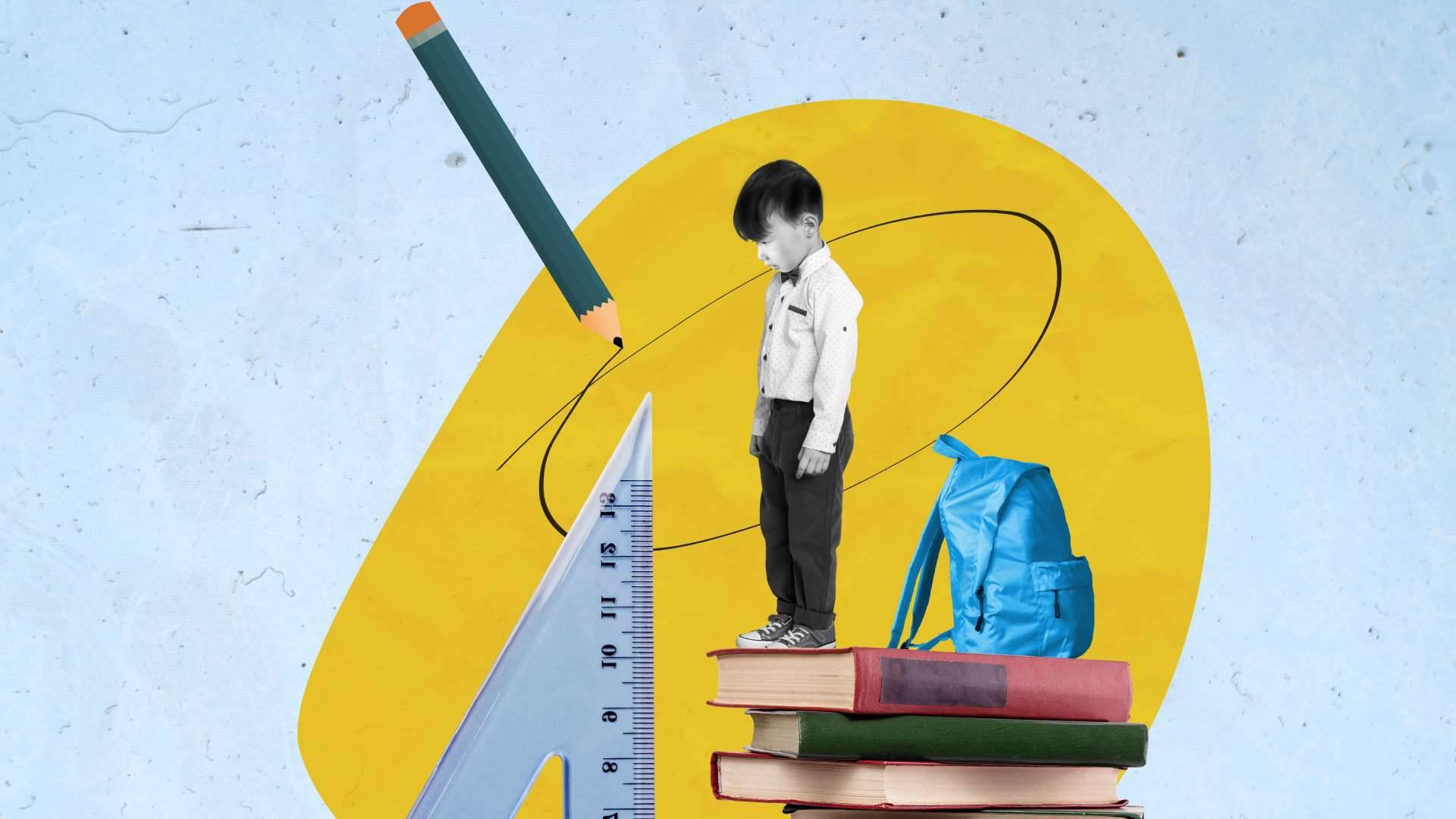
Scenario 2 : THE VICIOUS CYCLE OF JOB SEEKERS
Most students feel pressured to learn and compete during school and working age. Market forces make people align with the needs of society not their true preferences. The quality of learning received also depends on opportunities and social status due to inequality in society. There has been an increase in the use of technology in education. But it is still not widespread in most educational institutions and organizations. Society places value on educational qualifications and doesn’t see the importance of lifelong learning outside the classroom.
Society
People in society view learning as primarily a matter for children and teenagers. Working adults often do not strive to learn and develop their own skills further. As a result, it will be more difficult for the working age group to adapt to the new type of work. The curriculum adjusts to the needs of the labor market. Thailand's educational rankings have plummeted. People lack adaptation and preparation for the future.
Technology
Educational technology is increasingly being used in learning, such as applications and virtual technology. Artificial intelligence increases learning efficiency but access is restricted to certain groups by limitations in access to electronic devices and technology, resulting in inequality in learning.
Environment
Most learning areas are just in the classroom. But there has been an increase in effective non-classroom education among educational institutions or establishments with high budgets. Educational institutions strive to adapt to the context of modern society. The development of learning spaces in the city despite the increasing number still hasn't truly reached every learner. Urban areas are increasingly focusing on design to promote public learning in many areas. But it's still not thorough.
Economy
There are inequalities in the economy and society. Labor lacks skills to meet future work needs. Labor skill development has not yet been effective and curriculums don’t truly meet needs. The economy is not developed. Thailand's competitiveness is still not comparable to other countries.
Policy
Incoherent education and learning policies cause delays in development. Policies for developing labor skills from the government and private sectors are still not strong and serious. This makes lifelong learning still ineffective.
Values
Society places value on educational qualifications, institutions, and faculty of graduation. Learning is highly competitive. Learners are under pressure from themselves, their families, and society. Most learners do not know their true needs and are unable to study according to their interests. Most people are not eager to improve their skills due to lack of motivation and promotion. Working people are unable to adapt to the changing labor market.
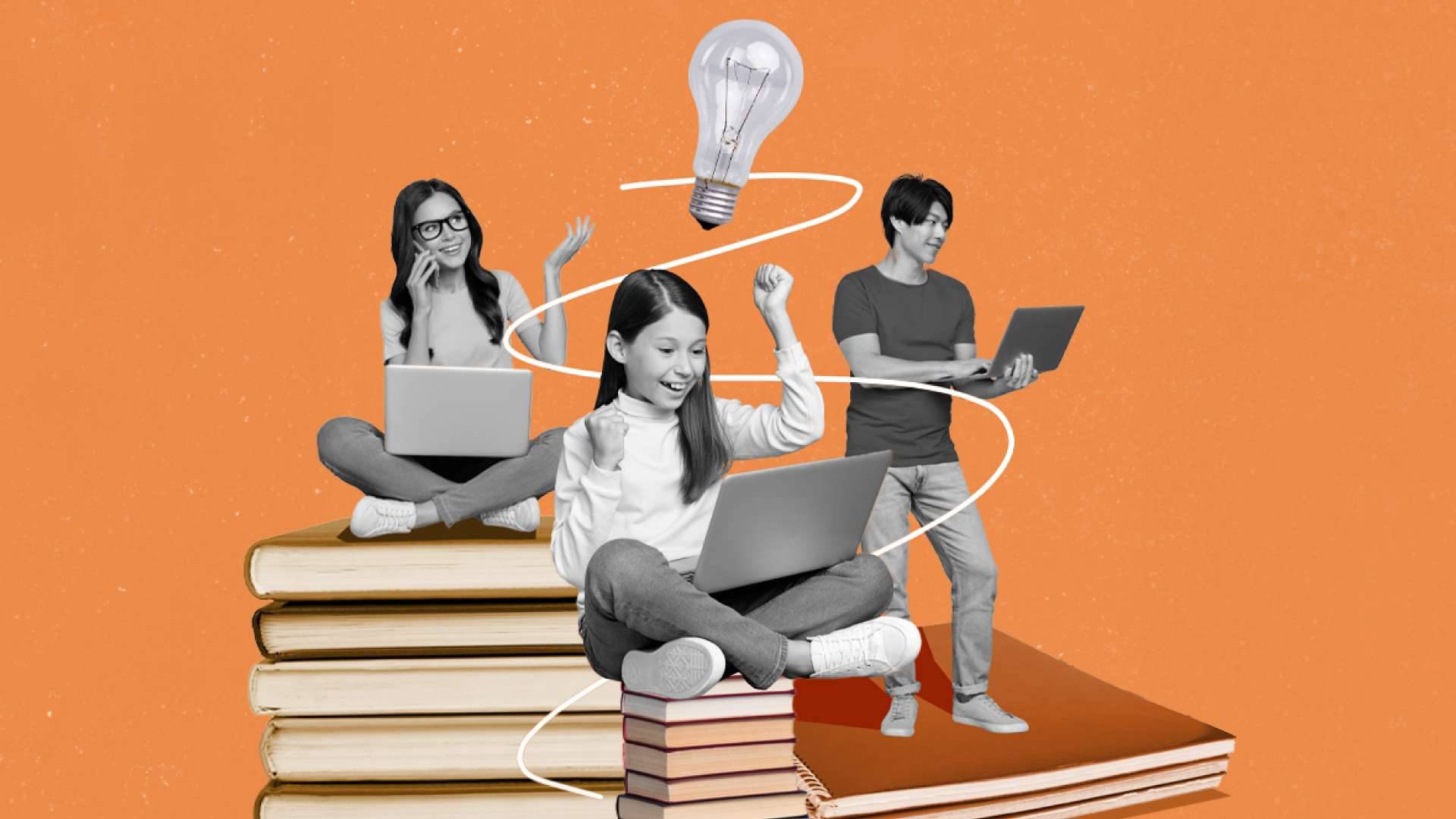
Scenario 3: NEVER-ENDING LEARNING
Learners are enthusiastic and love learning. This is because the country has a policy to promote effective learning management for people of all age groups. Society places importance on lifelong learning. Learning content is in line with the new skills of the future that the labor market needs. Technology is applied so that students can understand the lessons easily, have fun, and apply their knowledge further and more efficiently. Learners can learn at their own pace without limitations of time and location. Teachers and personnel development agencies in both the public and private sectors are responsible for guiding and facilitating learning. There are a variety of courses and resources available to study.
Society
Effective lifelong learning for everyone in society lets learners access education conveniently online or learn by using experience and creating value for society. Educational inequality has decreased. People have more skills to respond to future changes.
Technology
The use of technology in learning has increased enabling the selection of an appropriate curriculum for each student with AI online learning technology. An online school management system with AR and VR covers subjects such as science, mathematics, anatomy for learners of all genders and ages to enjoy the content and practice even more, boosting learning efficiency.
Environment
The learning area has been developed to allow for full learning whether inside or outside the classroom. There is cooperation between educational institutions. Every urban space is designed to promote public learning Learners can access knowledge content anywhere, anytime. There are many learning places in the city of various formats giving everyone equal access without restrictions.
Economy
The economy is expanding more. Workers of all ages are developing their own skills to be in line with future work patterns. There is increased development of educational businesses. Both large companies and startups, as well as educational institutions, work together to develop new and diverse curricula together with entrepreneurs and communities.
Policy
Thailand has a policy of "Learning for All" to create a good environment for learning by decentralizing educational institutions to act as co-organizers of appropriate curriculum for individual learners. There is a policy to promote and create incentives for working people to develop their own skills. Government organizations, the private sector, and civil society participate in organizing learning for people of all groups and ages.
Values
Society places importance on integrating learning in every dimension, space, and time of life. The value of educational qualifications decreases. Students can therefore choose to study or practice their skills fully. The pressure and competition for learning is reduced. As a result, students will be happier in learning and working.

Scenario 4 : DESIGN YOUR IDEAL LIFE
Learners feel happy and enjoy learning because they can learn fully according to their own aptitude and interests. and be able to apply the knowledge gained to work and live effectively. Thailand has developed a new learning system that promotes learning to discover and develop one's highest potential and lifelong learning. Advanced technology is used to help plan individualized learning. Urban areas are designed to promote learning and provide activity areas where learning and further work can be tailored to your interests and benefit society. The labor market is open to the emergence of new careers. People become job creators. Society is not judged by educational qualifications. There are a variety of learning media, courses, and learning formats to choose from. Learning can happen anywhere, anytime, for people of all ages, equally, without limitations.
Society
Learning is something that learners of all ages can do anywhere, anytime, both online and in real places. There are many types of learning resources in the country. Everyone can be a learner and impart knowledge to others.
Technology
Advanced technology and educational innovations are applied to promote and manage learning and skill development for people of all ages throughout their lives. By analyzing individual interests, learners can help design lifelong learning for self-discovery and work skills. Advances in science and medicine have led to brain-enhancing technology that allows students to learn, remember, think, and apply knowledge further.
Environment
The learning space has been developed so that one can happily learn according to one's own interests whether inside or outside the classroom of an educational institution or office. The role of schools and universities is increasing in cooperation with enterprises, communities, and individual learners. Many urban areas are creative and safe activity areas. People of all groups and ages can do what they love and develop their full potential equally without limitations.
Economy
The country's economy is expanding. There are more forms of innovation and new forms of business. Because people can learn, develop themselves, and work on what they like, many innovations and social projects have been developed.
Policy
The government announces a National Learning Development Policy with media, curriculum, and learning resources developed with private companies, startups, and communities. Students have full access to information resources including areas at educational institutions, online, and in their communities.
Values
People in society have a positive attitude towards learning. Everyone can learn anywhere, anytime, being both a learner and a knowledge sharer. Learning is fun for people of all ages and can be easily applied. Learning helps to discover oneself and find the meaning of life. People can use the skills and knowledge they have gained to benefit others in society.
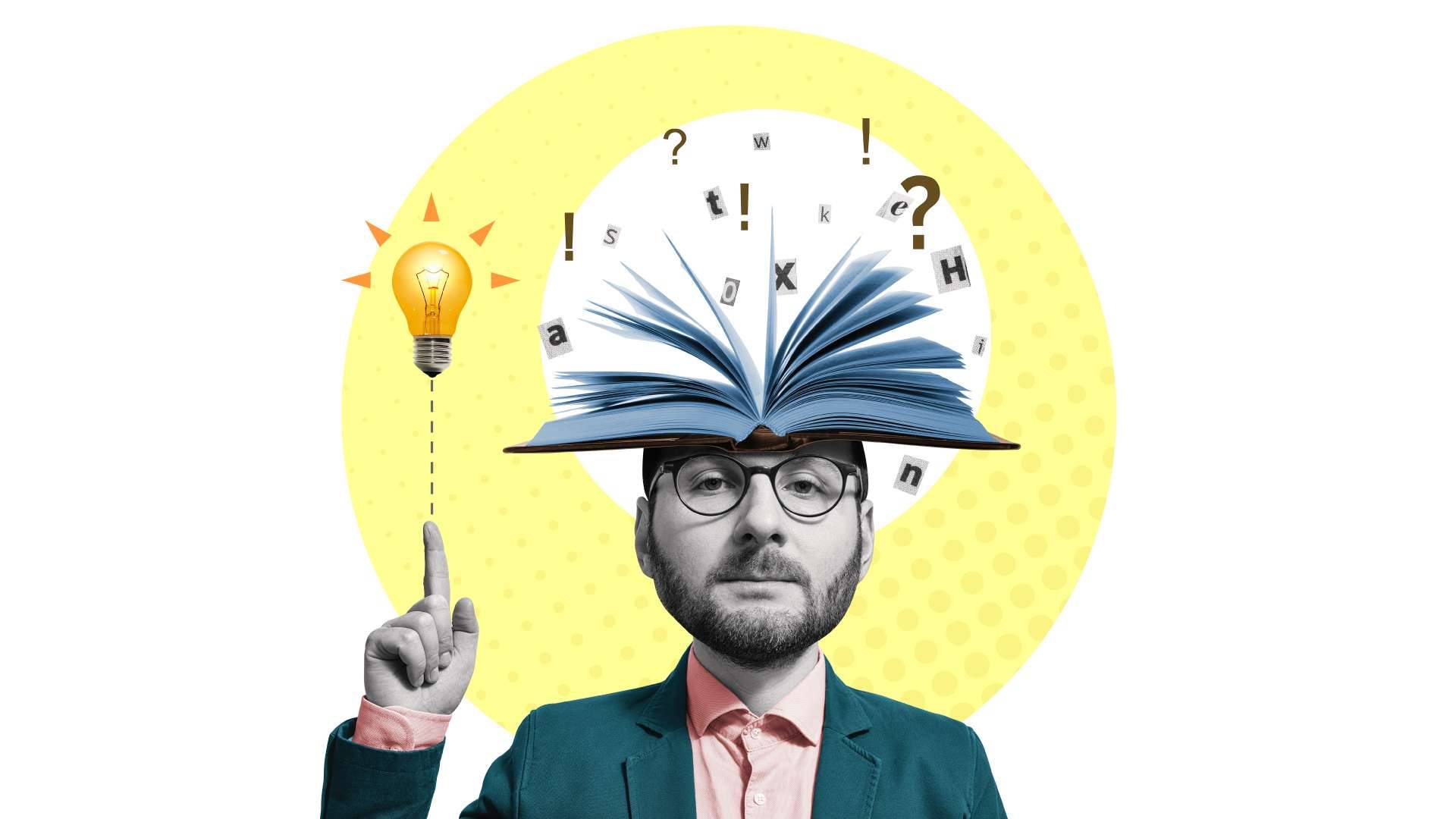
GUIDE TO ACTION
Proposal for action
Government sector
1. Develop policies, strategies, and laws to promote the future of learning taking into account social conditions, the labor market, trends and emerging technologies as well as learners’ interests and the role of education in supporting social and economic development in Thailand.
2. Promote a culture of lifelong learning. Develop curriculum and learning systems for people of all age groups equally. Decentralize educational administration to local areas.
3. Promote cooperation and support the industrial sector to participate in the development of both formal and non-formal education. Create opportunities for students to learn through real work experience.
4. Promote educational innovation and creativity in teaching and learning. Support experimentation and new teaching approaches. Study and experiment with the application of emerging technology to learning. Do a study project and personal learning.
5. Invest in a personalized education data management structure system. Enhance national strategic human resource management capabilities by taking into account information security.
6. Promote the welfare of learners and educational personnel. Promote a good environment in educational institutions for everyone to have sustainable physical and mental health.
Private sector
1. Develop cooperation with all sectors, especially the public, private, and educational sectors in developing lifelong learning systems. Participate in developing curriculum and personnel skill development plans to meet the needs of the future labor market.
2. Promote the development of personnel skills within the organization to keep up with the current situation and prepare for the future.
3. Create lifelong learning opportunities for employees. Offer training programs and develop personnel potential. Support employee participation in further education and career development.
4. Promote the development of products, services, technology and learning innovations to reach all groups of people.
5. Promote the creation of an open learning ecosystem to share knowledge to all sectors in society.
Community
1. Expand access to learning resources in the community. Work with educational institutions, business establishments, government agencies, and local organizations so that students can access good learning resources thoroughly.
2. Improving areas in the community with a focus on promoting learning for people of all age groups.
3. Put people at the center of community design, creative space, and sources of learning innovation. Apply appropriate technology to help design spaces, products, activities, and services so that people in the community can use them further and develop their own potential.
4. Gather people in society to promote knowledge sharing. Create guidelines for participation in design and development and support learning within the community.
5. Encourage people in the community to have a good perspective and love to learn. Promote a positive learning environment and provide opportunities for people in the community to explore their own aptitudes and interests.
Population
1. Always study and acquire additional knowledge. Develop yourself to increase the skills you need for the future to adapt and cope with every change that occurs.
2. Get to know and understand yourself. Find your own passions and interests to make every decision in life and use educational resources effectively for the maximum benefit to oneself and society.
3. Participate in driving policies that are beneficial to learning according to interests in society.
4. Promote and support learning in the community according to expertise and interests. Participate in designing and organizing learning in the community and society.


